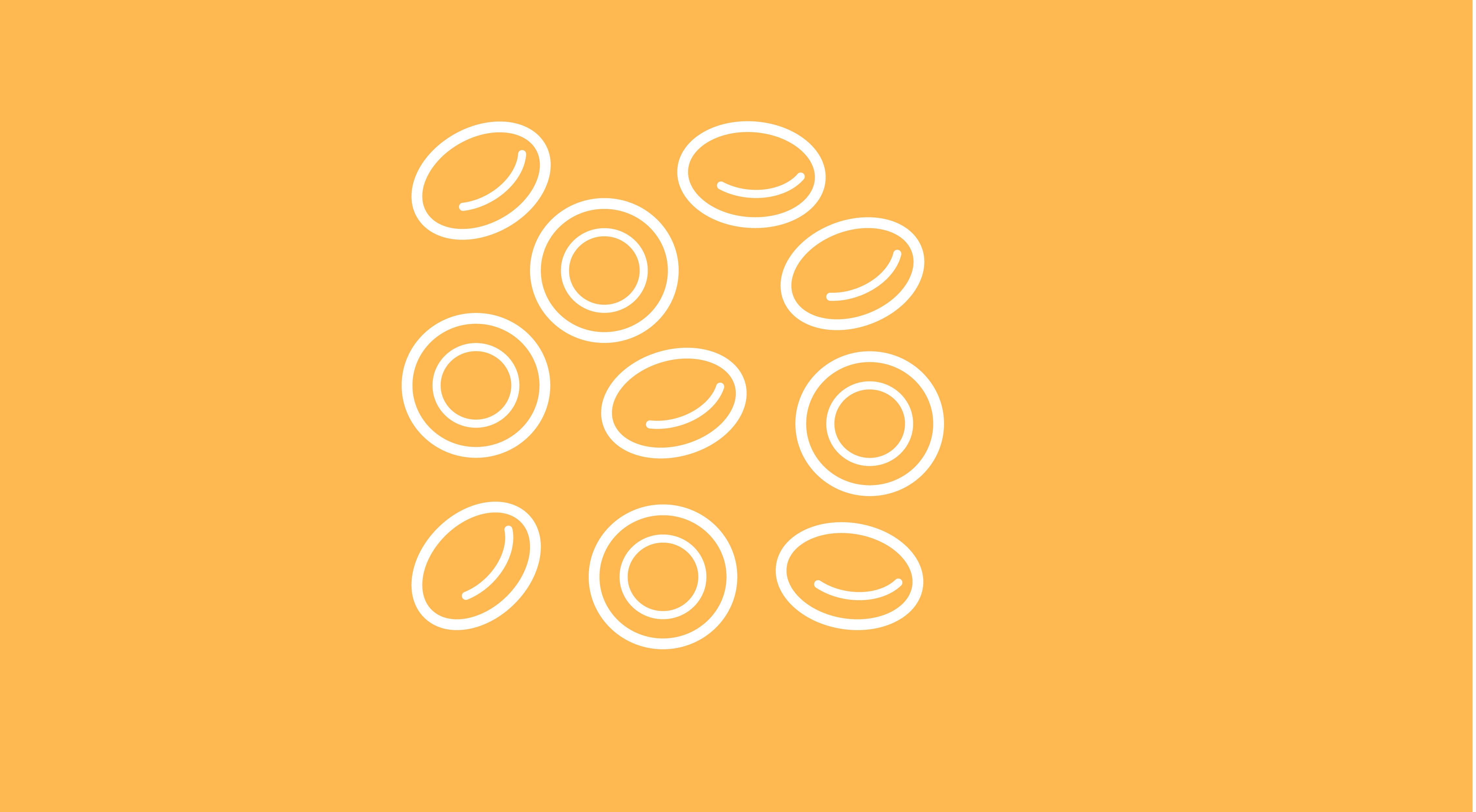A Patient Speaks Out About Her Experience With MPN Symptoms
One patient speaks about her myeloproliferative neoplasm symptoms and how nurses have helped her along the way—despite issues with staffing shortages and high nursing turnover rates.

Fatigue, pain, and itchiness are often some of the most troublesome symptoms patients with a myeloproliferative neoplasm (MPN) faces, according to Jessica Kuhns.
Kuhns, a 42-year-old woman with an MPN, spoke with Oncology Nursing News about receiving her diagnosis in 2016 and how nurses have helped her manage her symptoms. Despite a high turnover rate of nurses, she appreciates their collective efforts.
Oncology Nursing News: Tell me about yourself.
Kuhns: My name is Jessica Kuhns. I'm 42 years old. My biggest accomplishment is my son Jaden. We're kind of a tag team. Everything I do, he's right there with me. Whatever he does, I do with him. In 2016, I was diagnosed with MPN. I've been fighting it ever since and doing the best I can day by day.
Can you tell us about when you were diagnosed?
It all started with a magnetic resonance imaging [MRI] test on my knee, believe it or not. TIn the MRI, they saw that my spleen was severely enlarged. They wanted me to go to a hematologist. I started seeing a doctor in Pennsylvania, where I live. I had just had a hysterectomy. I had just beaten uterine cancer in 2015. And she had assured me the doctor that, after the hysterectomy and a splenectomy that my iron levels — because I had very low iron as well —would go back to normal. It would be a better thing for me to have my spleen removed. So I said OK.
I went and I had the procedure. They actually screwed it up really bad and I darn near died. They started out laparoscopically, but they cut out a major artery and I started bleeding out. Then I developed a massive, massive blood clot that consumed 3 major return veins from my intestines. The doctors had told my husband, at that time, and my son to start making my final arrangements, and that they didn't see me walking out of the hospital.
I was then introduced to my now-doctor, and he came in like a wrecking ball. He was like, I'm your doctor, and I think I have an idea of what's going on. As long as you're willing to fight, I'm going to fight with you. And we have. He got me out of the hospital. My platelets were at 1.9 million. He got them under control, and back down to a “normal range.” I was able to leave the hospital and I've been great since.
You mentioned some side effects that you encountered since you were diagnosed. Were there any other ones outside of the surgical procedure that you've experienced?
Yeah, there are definitely side effects from this disease. The 3 top complaints, which are my 3 top complaints, are fatigue, pain, and itchiness. Those are the three that I most complain of. Mine are definitely pain, fatigue, and I do get itchy, but I don't know if it's because of the changing of the seasons or if it's from the MPN. I hate to blame everything on MPN.
How have nurses helped you address those side effects and to potentially manage them?
They have absolutely directed me in the right way, as far as finding resources, and what will help and what makes it worse. They've done a great job in guiding me to find the information that I needed.
Is there a certain moment that stands out to you when a nurse has helped you?
Not one that stands out too much. I mean, unfortunately, such a high turn rate of nurses, it's really sad. So I can't say that I've had one specific nurse or one specific instance that I was like, Oh, wow, this is amazing. But I have had moments where my nurses did amazing things for me.
Was there ever advice that a nurse may have given you that really helped you?
They just always encouraged me to stay as positive as I can. I know it sounds corny, but the more positive you stay, the better chances you have of fighting this. They encourage you to keep going because there are times where like, oh, this is just so frustrating. And they're just right there pushing you along, like you got this.
What advice would you give to both patients and nurses?
I think the nurses are doing great listening to us, I don't think that's the problem. Unfortunately, like I said, with such a high turn rate, you don't see the same nurse repeatedly. Every nurse that I've ever come across is really in it for the patients. They are so knowledgeable, they're so there.
And as far as the patients, have that communication with your nurses, talk to them. You may not see them on your next appointment, but they'll give you whatever information that you need.



